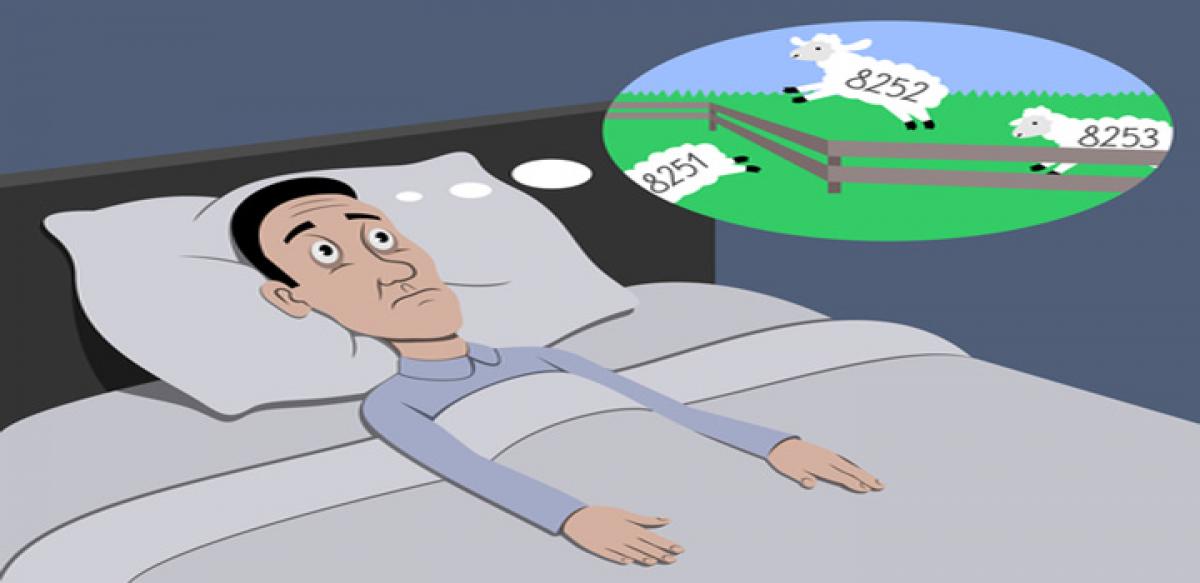Live
- Shot In The Arm For Tribals… Girijan Coop Corpn Ropes In City Firm To Digitalise Petrol Bunks
- Complete failure of UP govt: Congress
- ‘Excavation rumour sparked violence, SDM, CO responsible’
- Cinematic legacy celebrated at SV University
- No permission needed for buildings up to 15 metres
- Do you support caste census? Which one will you prefer caste census or skill census?
- GHMC Commissioner attends Prajavani, receives 126 applications
- 6 injured as lift crashes in Bahadurpura apartment
- CM Revanth: Delhi visits are in TG’s interests, scotches buzz on cabinet expansion
- Chandrababu Naidu Wishes People on Constitution Day









